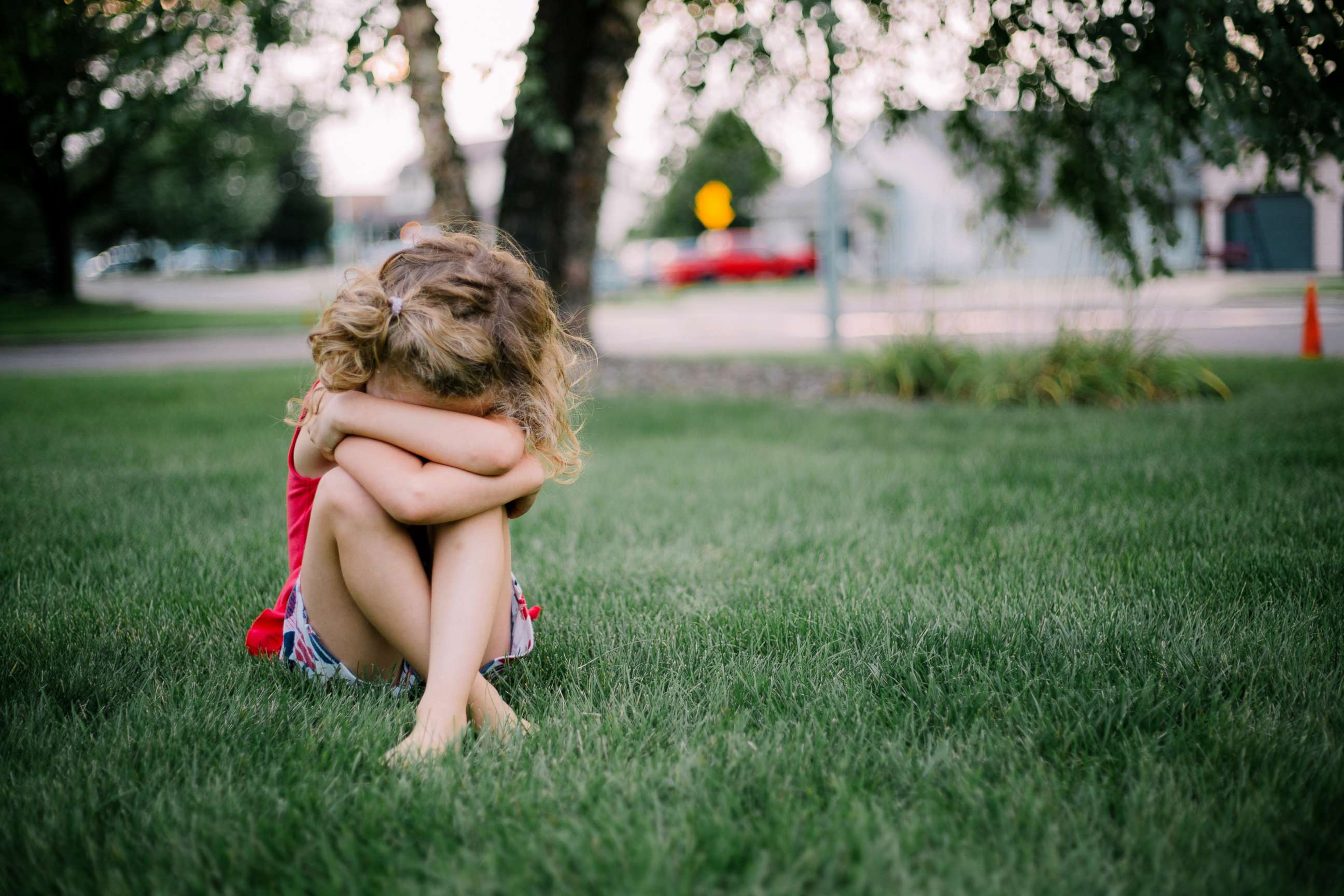8% of children have suicidal thoughts, new study says
Two percent of have reported a suicide attempt.
Eight percent of 9- and 10-year-olds reported suicidal thoughts and 2% reported a suicide attempt, according to a new study of 8,000 children in the U.S., published in Lancet Psychiatry.
Suicide is a major public health concern and the second-leading cause of death in youth after unintentional injury.
The Centers for Disease Control and Prevention (CDC) reported a 30% increase in suicides in the United States in the past decade, with rates increasing in all age groups. The rates of emergency room visits for adolescents and children complaining of suicidal thoughts have also increased over the past years.
"In the past, a child's statements about suicidal thoughts might have been taken lightly or ignored, however, now, schools and parents are taking seriously the very real rise in the suicide rate in children and adolescents," said Dr. Alexander Sanchez, a psychiatrist working in the psychiatric emergency room in New York City, who was not involved in the study.
The authors of the study examined possible risk factors for suicidal thoughts and behaviors in children. Family conflict was the strongest risk factor for suicidality in this age group, the results of the new study found. In an estimated 50% of youth suicide cases, family factors are involved. In fact, past studies have concluded that children with severe suicidal behavior perceive their mothers as less caring and more overprotective compared to those with mild or no suicidal behavior. In addition, child abuse is associated with repeat presentations to the emergency department for suicide-related behavior, past studies have found.

Traumatic childhood experience correlate with an increase suicide risk. If a child has to manage their trauma on their own without the help of an adult, their suicide risk rises.
Poor communication within the family is found in many cases of suicide, with direct conflicts with parents having the biggest impact, but so does poor communication. Researchers also found a presence of suicidal behavior among family members of children who have committed suicide. "Their friends and family may be experiencing trauma and it is hard for anyone to process trauma alone, so children look for attention," added Sanchez.
Youth with family conflict and co-occurring suicidal ideation are not likely to consult with others about their distress, past studies have shown.
While it is hard to control family dynamics, safe, effective, and confidential counseling service, in particular in school, is necessary to mitigate risk of suicide in this vulnerable population.
In fact, research has shown that social support in school is more important than peer support in preventing suicidal thoughts and behavior. While not all counselors are equipped to mitigate risk, "the child's complaints should be taken seriously. They may not have the best words or actions to express themselves, but they do know how they're feeling" added Sanchez.
School is an important place for screening children for suicidal behaviors and providing preventive education and risk management when needed.
The authors of the new study point out that protective factors in this age group are greater parental supervision and positive school involvement.
Statistics show that children involved with school sports reported significantly lower rates of suicidal ideation and behavior than their counterparts, and the associations were most notable for those most involved in school sports.
Parental involvement is very important in preventing suicide risk, the new study found. Sudden changes in mood, isolation from friends and family, excessive sleeping, being a victim of bullying and changing in eating patterns are some signs for parents to watch for that might indicate their child is contemplating suicide.
"Try to let children know that they're being listened to. Give them a safe space to communicate and make sure they don't feel judged by whatever they reveal," said Sanchez.
The study identifies important risk and protective factors associated with childhood suicidal behavior which could be used to identify vulnerable children and plan interventions to promote mental health in school and at home.
Yalda Safai, M.D., M.P.H., is a psychiatry resident in New York City and contributor to ABC News' Medical Unit.
If you are in crisis, please call the National Suicide Prevention Lifeline at 1-800-273-TALK (8255) or contact the Crisis Text Line by texting TALK to 741-741.






